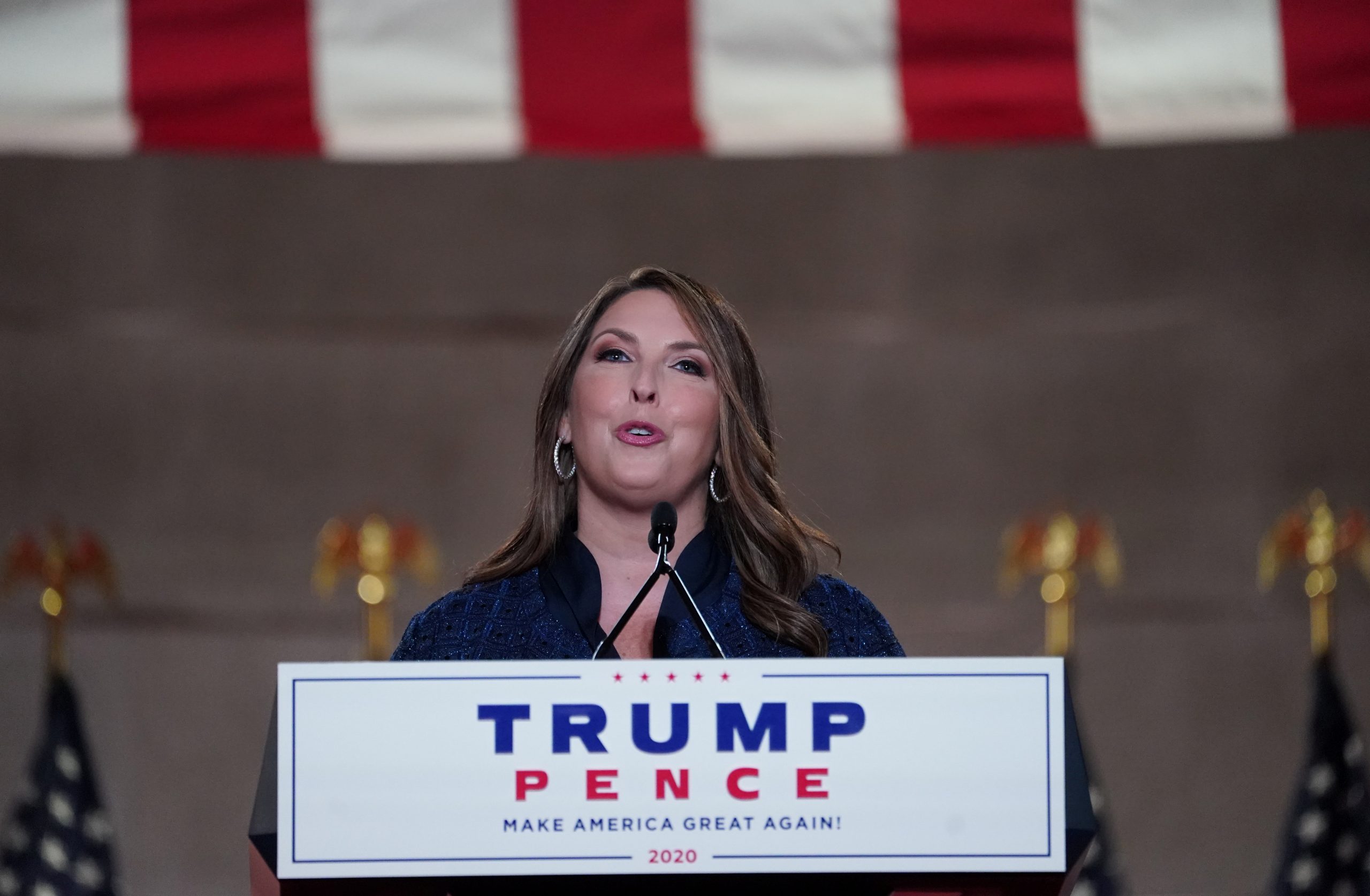The renewed Democratic push to pass comprehensive “voting rights” legislation has just been met with an expensive ambush.
Republican National Committee officials kicked off a six-figure advertising campaign Tuesday with the sole intention of pressuring at-risk Senate Democrats to drop their support for House Resolution 1.
Introduced in January as the “For the People Act,” HR 1 passed the House of Representatives early last month on a mostly party-line vote of 234-193. The legislation, since referred to by opponents as the “Corrupt Politicians Act,” is aimed at establishing national campaign finance and election standards that Democratic leaders suggest would ensure every American their right to vote.
The bill faces uncertain odds in a split Senate loaded with mavericks and moderates, however, and the Republican Party is digging in to challenge the plan as an unconstitutional effort to mandate the expansion of lenient blue-state election policy.
“Democrats are attempting an egregious power grab through H.R. 1 that will fundamentally alter our entire election system and dismantle the integrity of the vote, but we will not let them get away with it,” Republican National Committee Chairwoman Ronna McDaniel wrote in a statement received by The Western Journal.
“The RNC is using every tool available to counter Democrats’ blatant hijacking of our election system that would give unfettered power to unelected D.C. bureaucrats and trample on free speech. This is the latest initiative in our continued commitment to maintaining confidence in our elections and protecting the vote.”

The bulk of the six-figure RNC investment is said to have gone to targeted social media ad placements in the key swing states of Arizona, Georgia, Nevada and New Hampshire.
The advertisements themselves highlight Sens. Catherine Cortez Masto of Nevada, Mark Kelly of Arizona, Maggie Hassan of New Hampshire and Raphael Warnock of Georgia for their proximity to HR 1 and its most controversial provisions, which include a moratorium on voter identification laws. Two examples were also provided The Western Journal, and RNC communications officials said Tuesday that the graphics were intended to “encourage voters to put the pressure on their Democrat Senators by calling them and urging them to oppose” the legislation.
Efforts to amplify that message in diverse communities were also outlined, as the GOP seeks to expand media appearances in the coming weeks, pushing surrogates to discuss every aspect of H.R. 1, from expanded mail-in voting and ballot harvesting and to automatic voter registration and the bureaucratization of the Federal Election Commission.
And individual party legislators have not ignored calls to take up the torch, with Republican Sen. Mike Lee of Utah blasting the bill as “rotten” in a television spot last month.
“I think I disagree with every single word in H.R. 1, including the words ‘but,’ ‘and’ and ‘the.’ Everything about this bill is rotten to the core,” Lee said. “This is a bill as if written in hell by the devil himself.”
“It takes [decisions] away from the states, makes them right here in Washington, D.C., by Congress. Apparently in an effort to ensure an institutional, revolutionary Democratic Party of sorts — one that can remain in power for many decades to come,” he added.
“That’s wrong. That’s really wrong, it’s bad policy. As much as anything else, it’s wildly unconstitutional.”
Mike Lee on HR1: “This is a bill as if written in hell by the devil himself.” pic.twitter.com/NfNvv30NBA
— Aaron Rupar (@atrupar) March 10, 2021
Republicans have held a laser focus on the issue of voting rights and election integrity in light of the 2020 presidential election, which was met with widespread fraud allegations following then-President Donald Trump’s loss. The RNC itself dedicated roughly $30 million to election integrity lawsuits last year and has since established an election integrity committee to endorse and defend voter security bills like Senate Bill 202 in Georgia.
The party is not alone in its opposition to HR 1, however, with National Right to Life and even the increasingly progressive American Civil Liberties Union having spoken out against the bill for campaign finance alterations that experts argue could curtail or violate the First Amendment right to political expression.
This article appeared originally on The Western Journal.

























 Continue with Google
Continue with Google